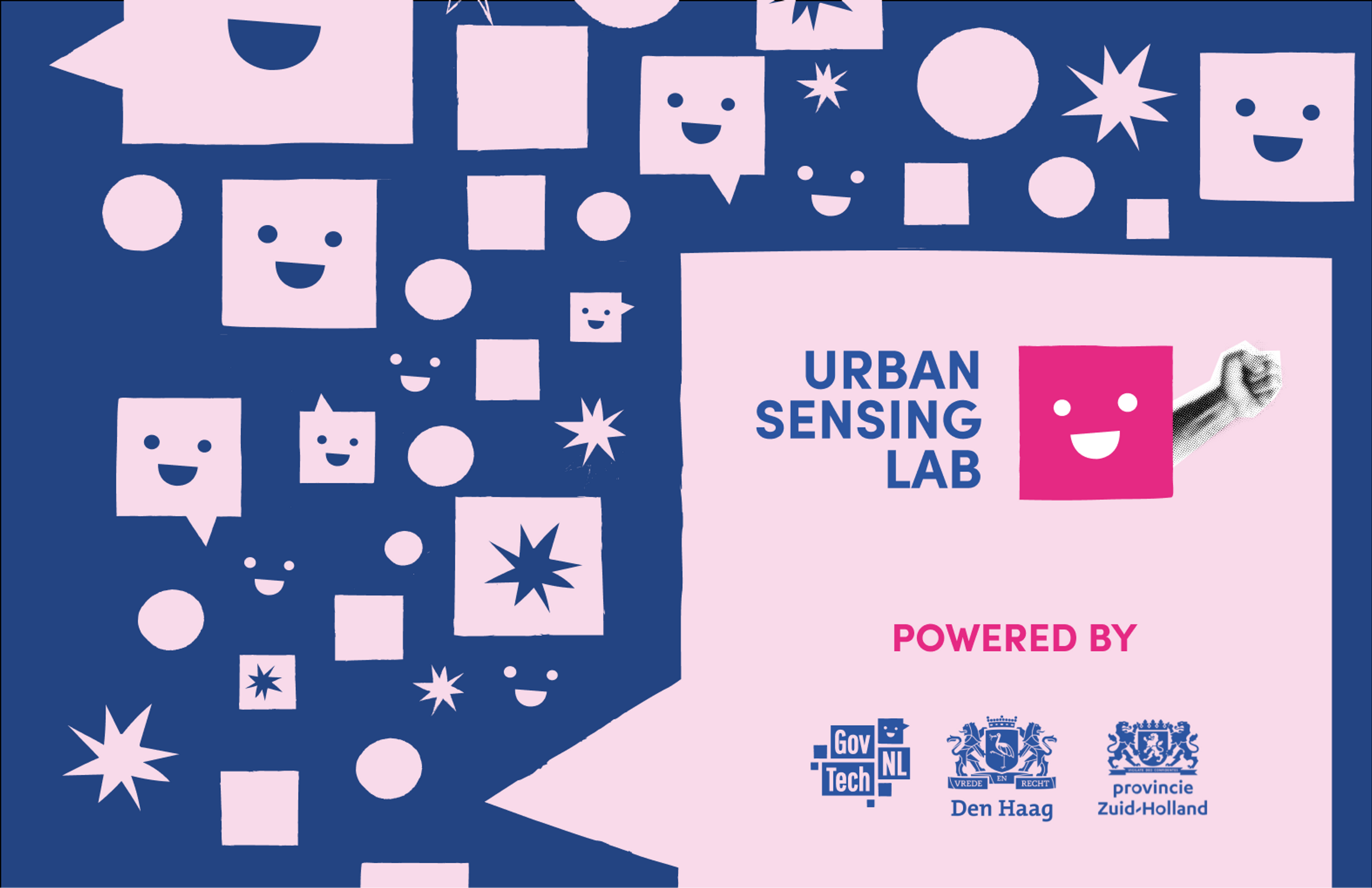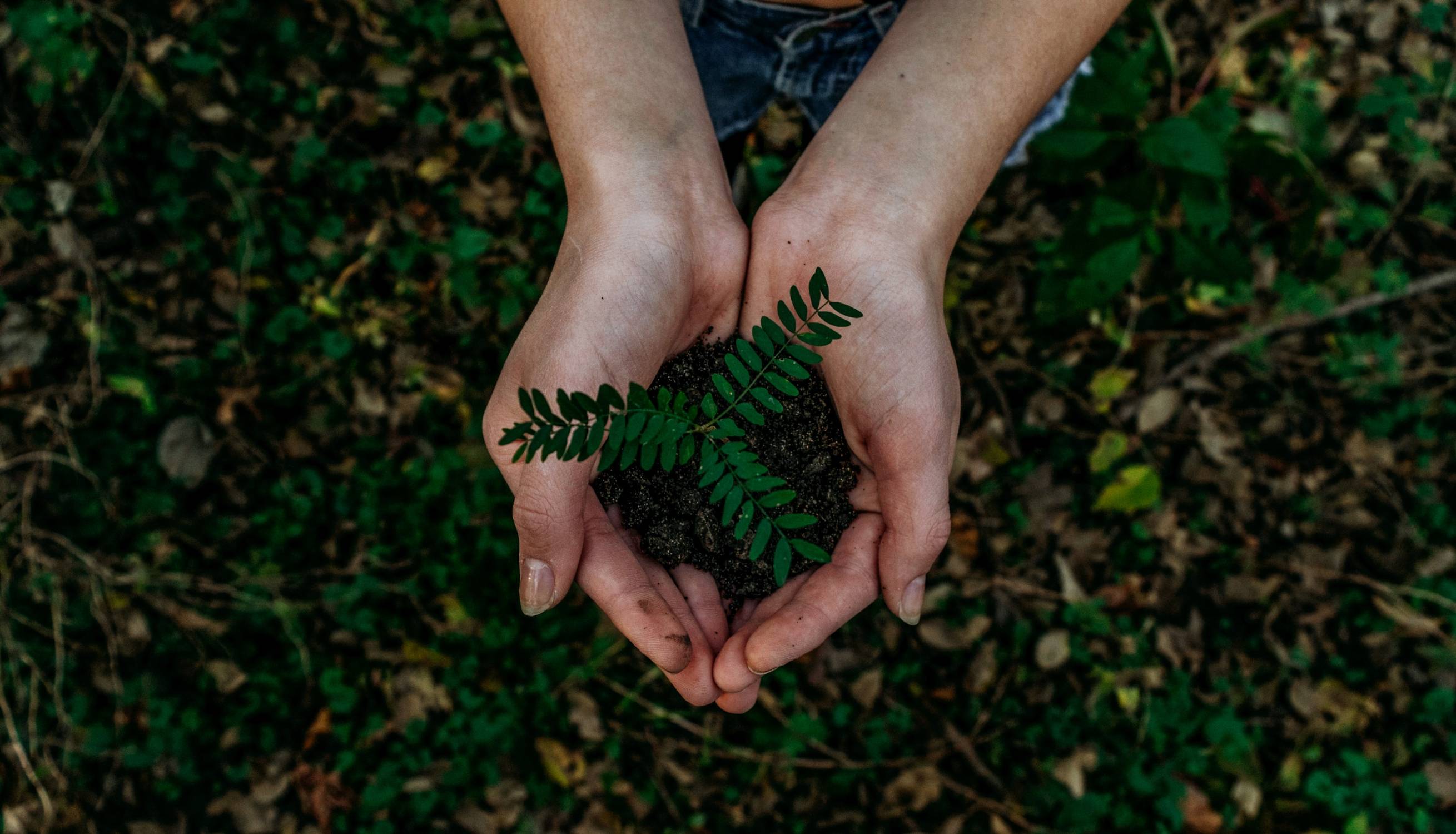
March 22, 2023
Going Full Circle: The Ultimate Guide to a Regenerative Economy
#Regenerative
#Circularity
#Future



Camila Ugarte
Communications & Marketing Intern
Share
If you’re new to the concept of a ‘regenerative economy’ and curious about what it entails, you’re in good company! At WorldStartup, we believe that an inclusive and regenerative economy is the way forward for a sustainable future. Let us walk you through the basic concepts for a better understanding.
The term was coined relatively recently, by the economist John Fullerton in 2015, and it is slowly gaining popularity as a required paradigm shift to the exponential growth our finite world is experiencing.
Two Thousand and Twenty-three
Currently, we live in a time of exponential population growth, rising social inequality, resource depletion, biodiversity loss and global warming temperatures. According to the Worldometer, there are 8 billion people in the world as of 2023. The resource consumption of this growing consumer base follows the normalised “take-make-use-dispose” behaviour which requires the exhaustion of the planet’s limited natural capital.
Our current model of economic development cannot sustain our growing society, and this is quickly becoming apparent as materials have been largely depleted and increasingly cost more to extract. The truth is: our current way of doing business poses a threat to the world’s long-term future. It is degenerative by nature, and we keep pushing the boundaries of our planet's capacity, expecting the ecosystem to remain fruitful for many generations to come.
For decades, companies of all sizes have aspired to contribute to a sustainable economy. Proposed initiatives range from emitting less carbon, polluting less, or extracting less new materials. However, the results have been slow to be seen. Many companies are focusing only on doing less harm to the environment instead of rethinking their old ways of working and pursuing a mindset shift. The clearest contrast to a linear economy is a circular one.

A Chance of Hope
There is no single definition for ‘regenerative economy’. In short and simple words, a regenerative economy focuses on restoring and rebuilding by following the principle of circularity, rather than exploiting and destroying. The idea is to promote life without diminishing capital by finding a balance where nature and society can prosper simultaneously.
A regenerative or ‘circular’ economy encourages us to reconsider our current take-make-use-dispose system. Instead, it suggests using and reusing our products and materials for as long as possible to allow our natural systems to regenerate. Changemakers around the world have already begun promoting this new concept of economic thinking, and the concept of a circular economy has become more widely accepted as an attractive way forward.
Challenging the Norm
To achieve a circular economy, we need to:
- Redesign our economic and behavioural systems
- Have the willingness to adopt new practices.
The idea of “waste” is human-made; it is the outcome of product design choices. Many of the everyday items we use are meant to be thrown away. They have no further purpose at the end of their lifecycle; they cannot be recycled, composted, or reused. These products have “waste built-in”. In nature, the idea of waste does not exist. The circular economy attempts to mimic nature, where all resources re-enter the system after being used and serve as raw materials for the production of new goods.
Attempting to redesign the behavioural (individuals), corporate (firms), and economic systems represents both one of the major challenges and opportunities for sustainable development. For products to be circulated back into the system, they need to be designed with their eventual circulation in mind. To align with this approach, companies around the world are starting to reconsider how they design, manufacture, and remake their products. But many are also not moving away from the linear benchmarks.
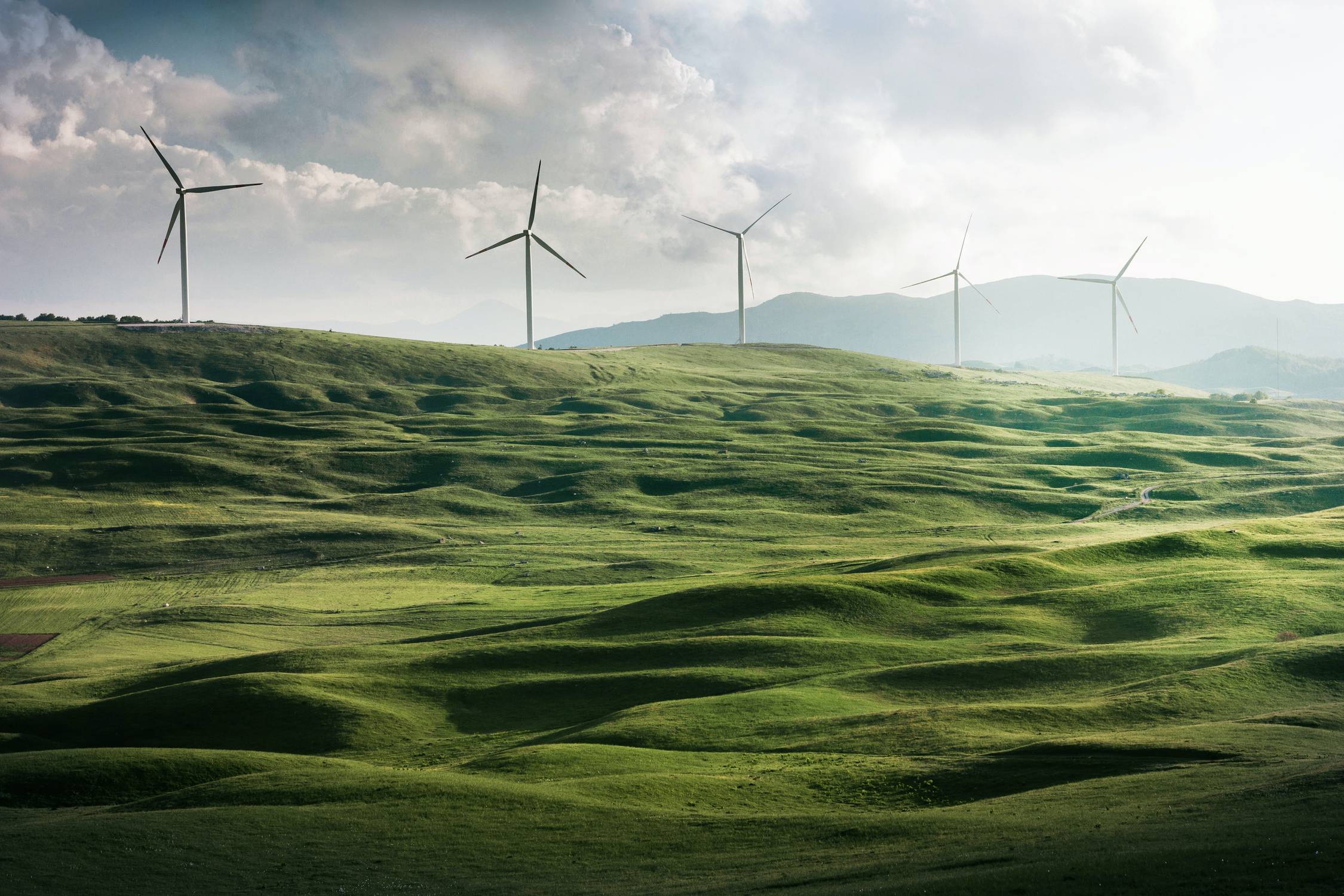
The Greater Good
Switching to a regenerative economy has two significant advantages:
- It has the potential to effectively tackle the pressing challenges society is facing today - climate change, biodiversity loss, resource depletion, and social inequality.
- It introduces social benefits. A regenerative economy seeks to create a society that is more equitable and just, with opportunities for all people to participate in the economy and benefit from its growth.
With an economy centred on the values of regeneration, renewal, and restoration, we will be able to better support natural processes while also feeling more connected to and empowered by the environment in which we live.
Bridging the Gaps
The overall purpose of a regenerative economy is to make a positive impact on both nature and society. It will become simpler to accomplish this when both small and large businesses begin to embrace change.
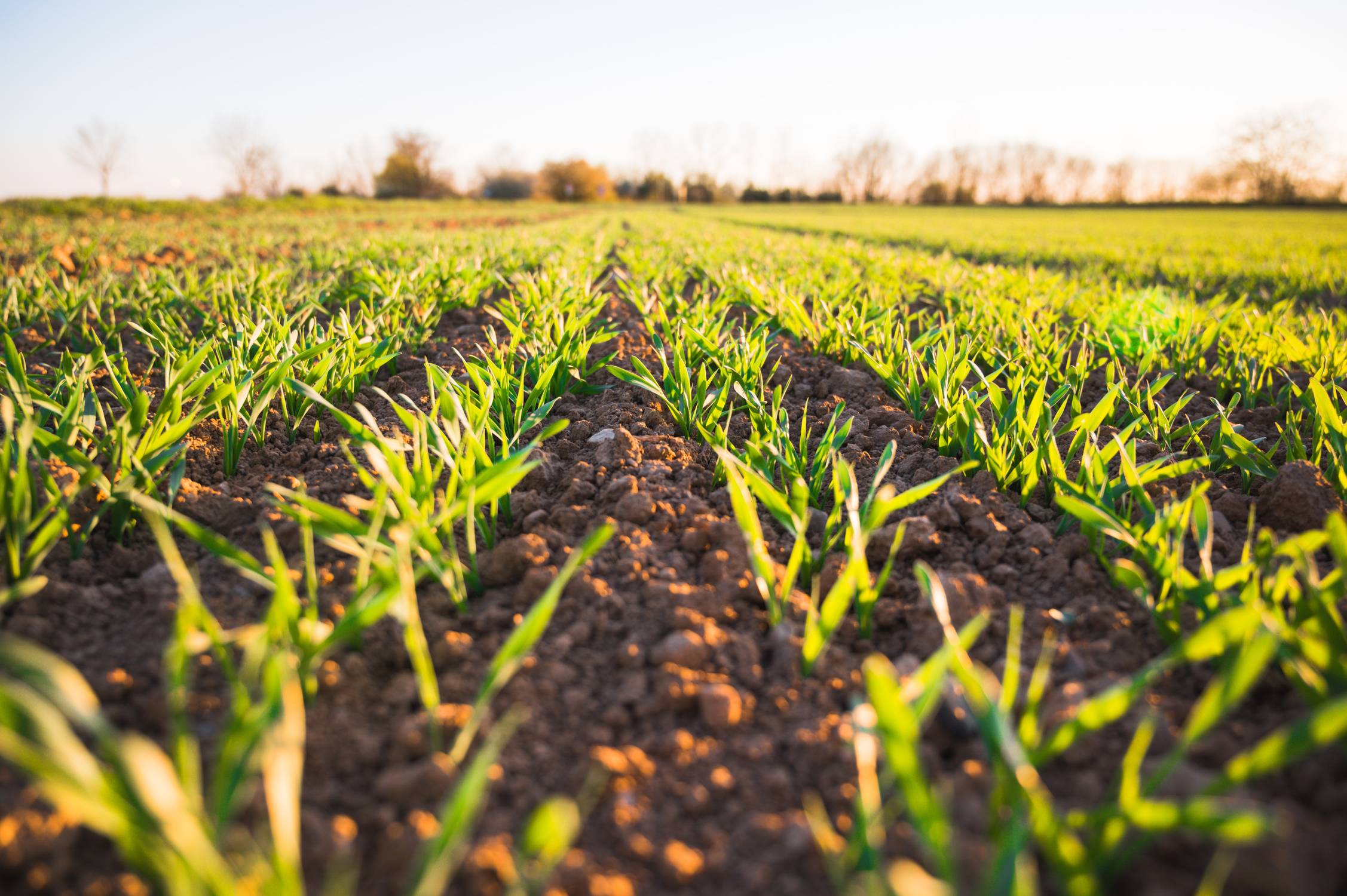
Recognising that every choice we make should consider the long-term well-being of nature, is the first step towards preserving the long-term welfare of humanity too. For further reading on the subject, we recommend the book “Regeneration: Ending the climate crisis in one generation” by Paul Hawken. An inspiring read that transmits hope and emphasises that it is not too late to take action.
Let’s embrace a regenerative economy as an opportunity to build a better future!
Sources
- https://www.ineteconomics.org/perspectives/podcasts/regenerative-economics-a-necessary-paradigm-shift-for-a-world-in-crisis
- https://ellenmacarthurfoundation.org/
- https://www.weforum.org/agenda/2022/01/regenerative-capitalism-industry-explainer/
- https://capitalinstitute.org/8-principles-regenerative-economy/
- https://circulab.com/regenerative-economy-definition/
- https://www.southface.org/the-regenerative-economy-sustaining-societys-future-by-design/#_edn4
Written By
WorldStartup

Share
More stories
Meet SPAIA: Protecting the tiny creatures that keep nature in balance
#basecamp
#biodiversity
#sustainability
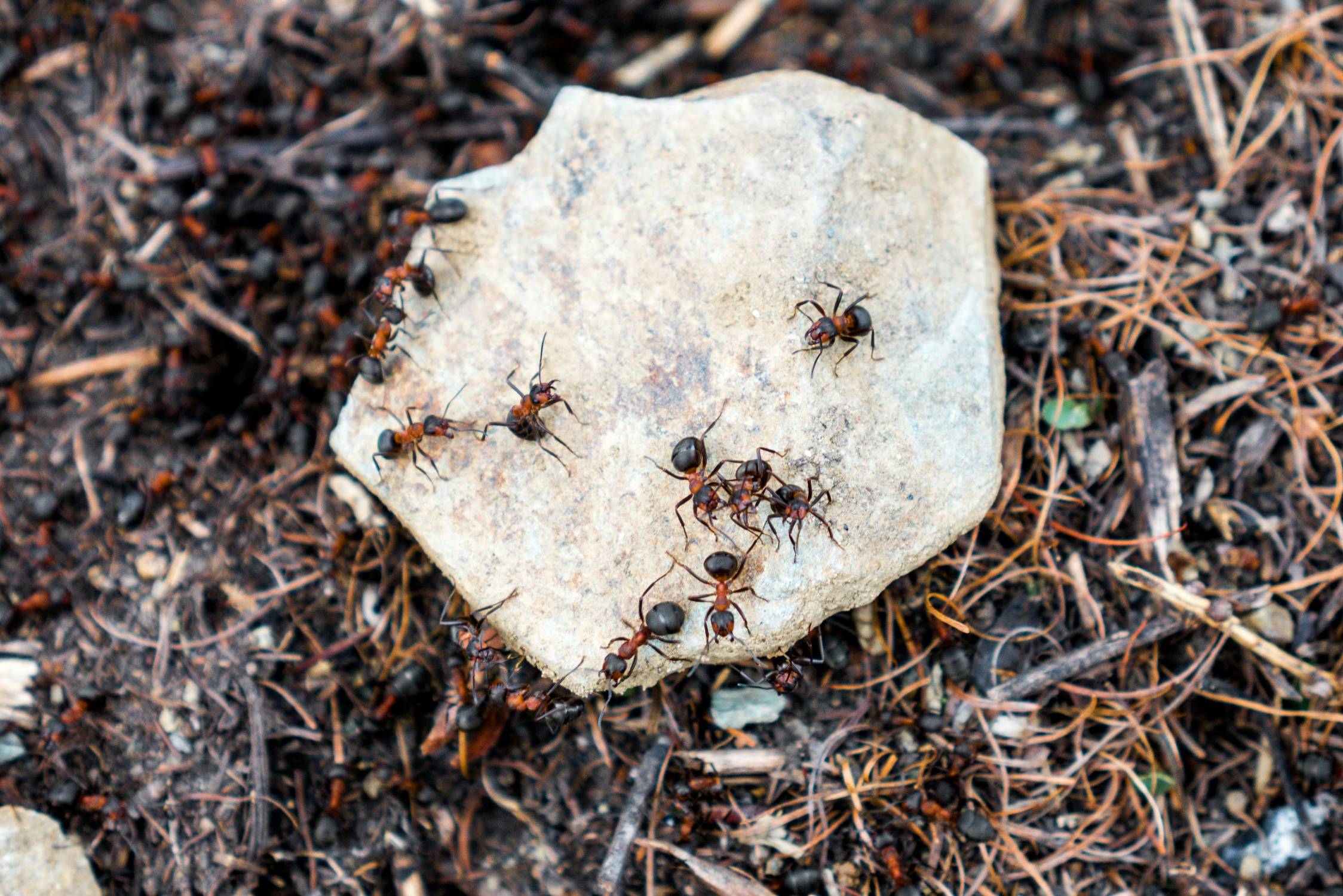
A Story of Growth and Innovation: Rendair's Journey to Simplifying 3D Design
#basecamp
#architecture
#innovation

Business out of balance and how to restore it
#womeninventures
#post-growth
#masculine values
#feminine values

Green Habit: Revolutionising Sustainable Living with AI
#basecamp
#AI
#sustainability


